When most people go to the mall, they choose which stores to go into based on whatever is displayed in the windows or within the first few feet of the store.
And what are these clothes held on? Mannequins — the awkwardly-posed, sometimes-headless humanlike models that wear the stores' clothing to show off the styles of the season.
Although they're sometimes dressed a little too "fashionably," the general point of having mannequins is to show customers possible ways to wear the clothes they're selling.
The problem is that when we look at the clothes on mannequins, we imagine that's how they'll look on us too, right? They never, ever do.
And that's primarily for one reason: unless you're a runway model, nobody's body proportions look like the mannequins' proportions.
So if you ever find yourself comparing your body to a mannequin's body, stop! A new study says it could actually be dangerous.
[H/T: Women's Health]
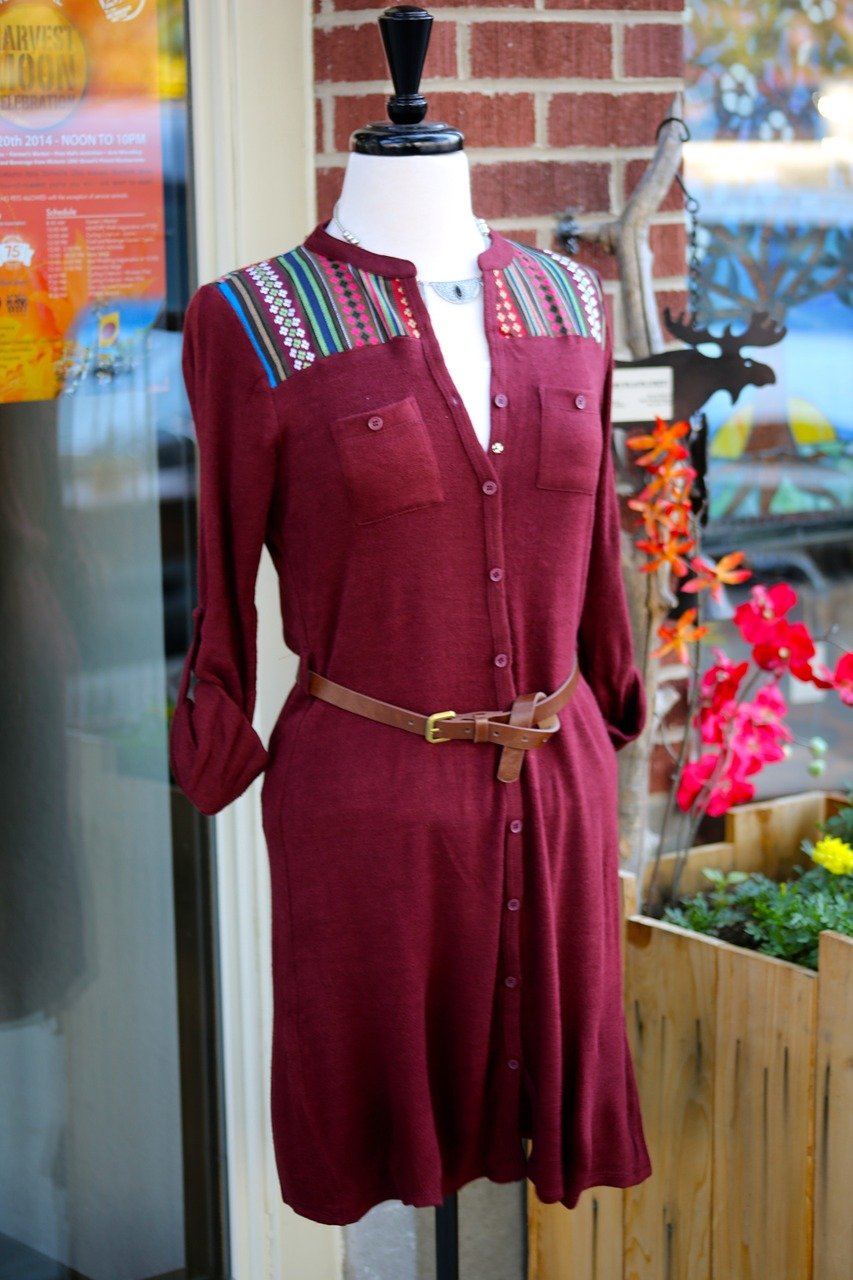
For most people, going shopping for clothes involves looking at the outfits on mannequins to see what's in style this season, and to get inspiration for how to wear a particular outfit.
However, a new study warns women not to compare themselves to mannequins, because they're all technically underweight.
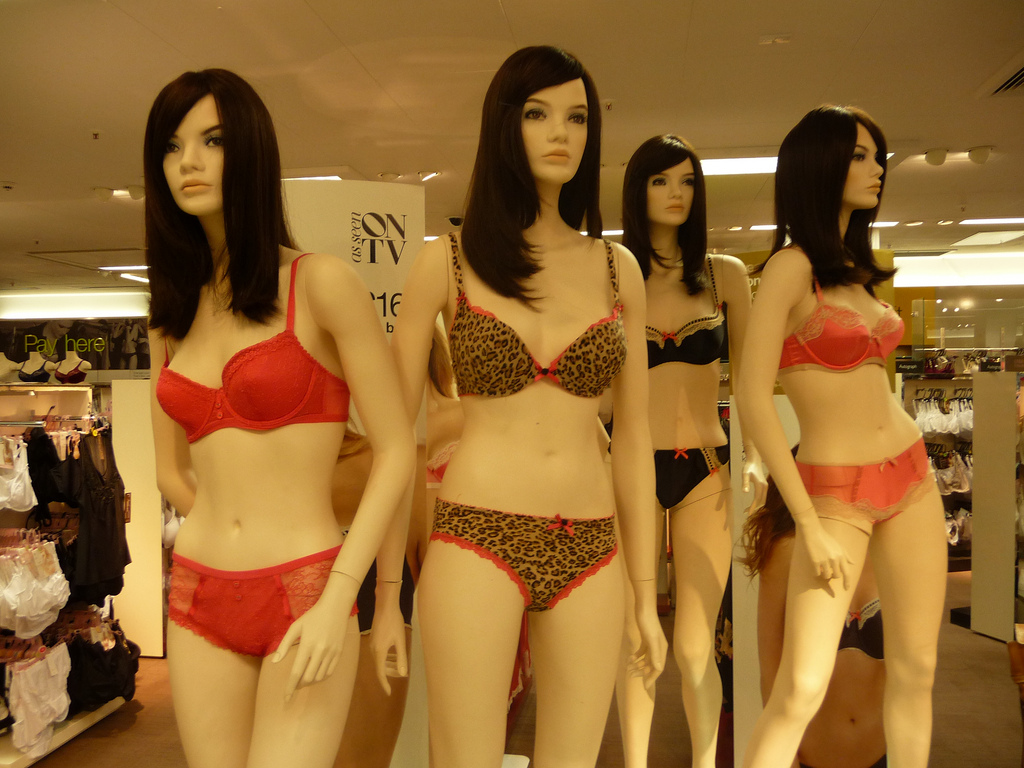
That's right. A study published in the Journal of Eating Disorders explains that the body size of mannequins is hugely concerning.
The study explains, "There is concern that the body size of fashion store mannequins are too thin and promote unrealistic body ideals."
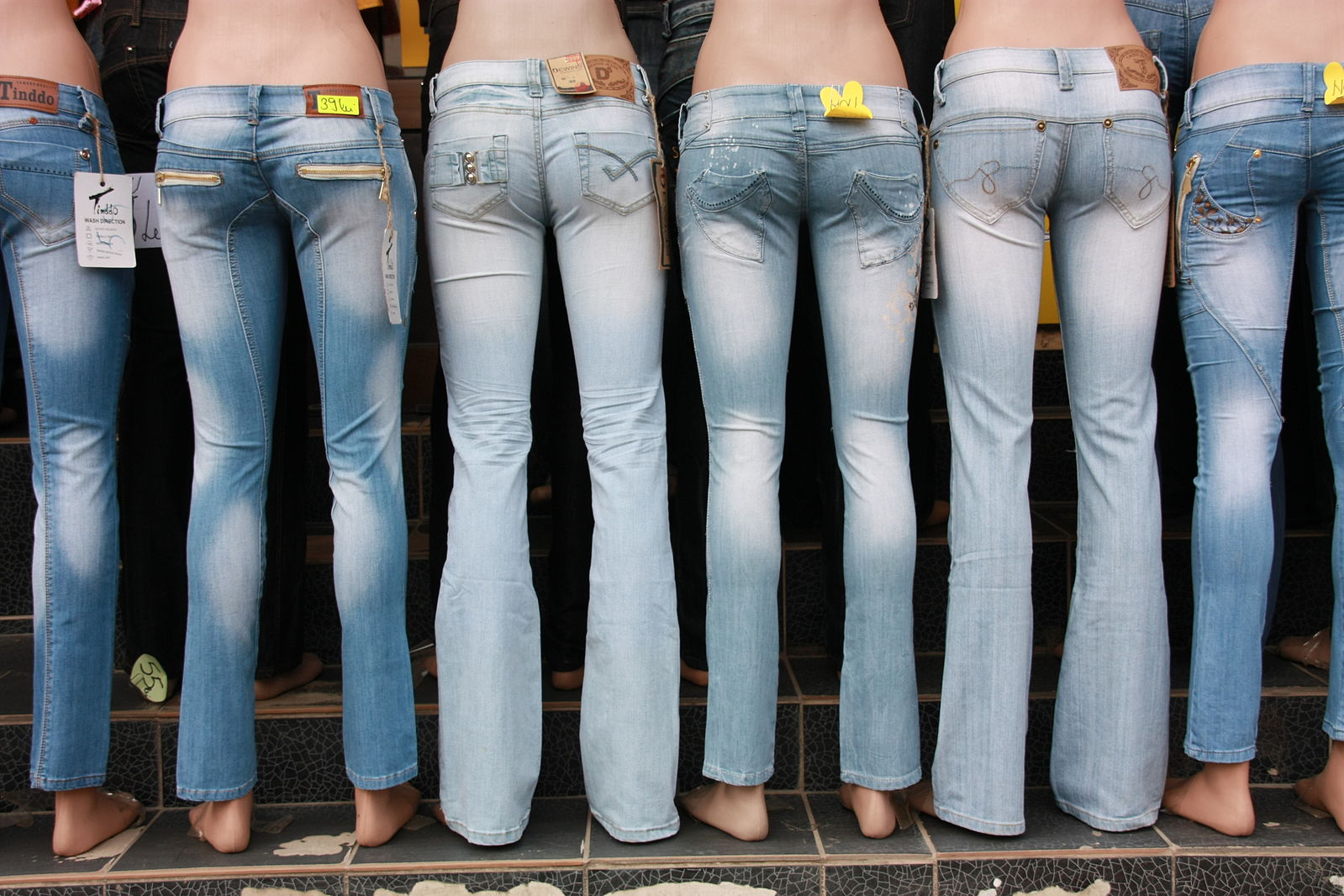
For the study, researchers looked at the high fashion stores on the streets of two cities in England.
What they found in these stores was actually disturbing.
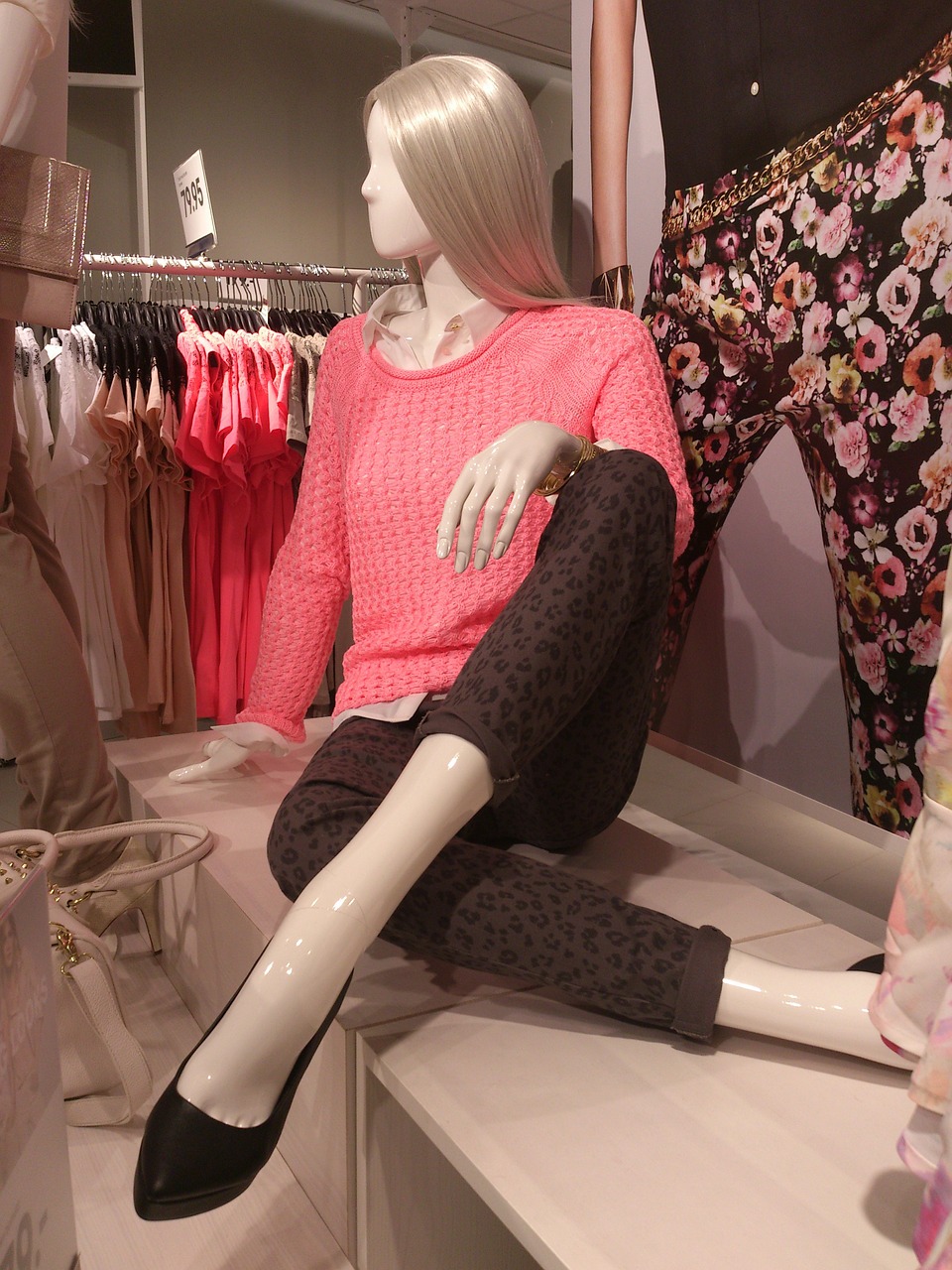
"The average female mannequin body size was representative of a very underweight woman and all mannequins represented an underweight body size," explains the researchers.
What this means is that if women were to aim to look like mannequins, they would end up being medically unhealthy.
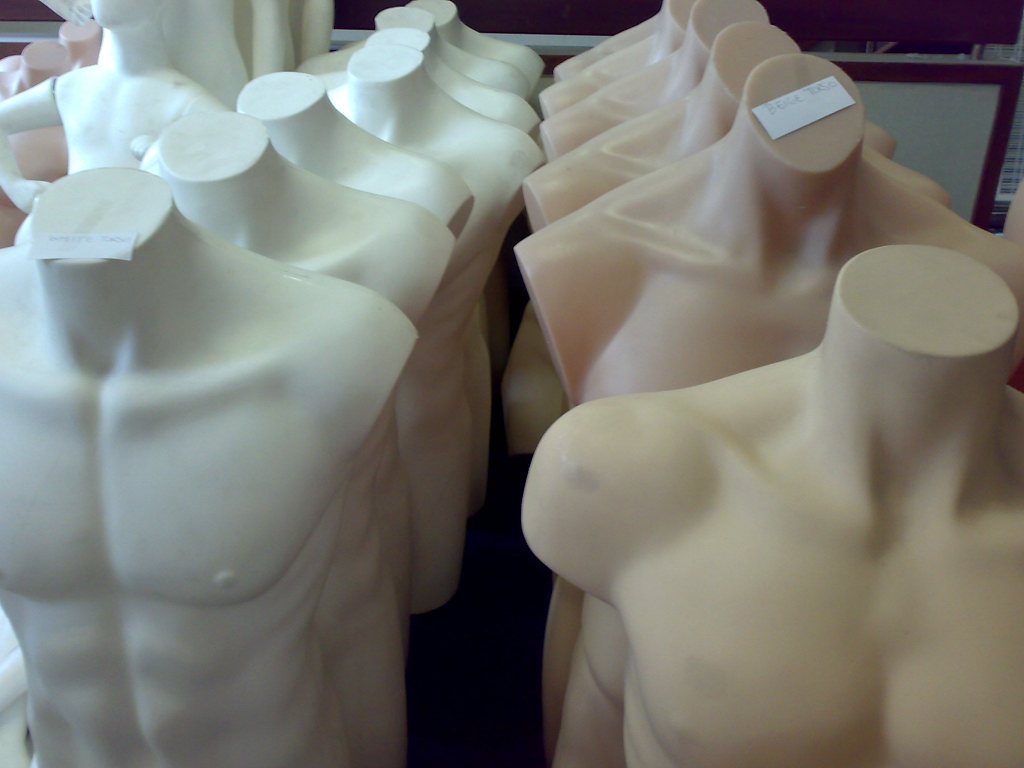
So is the same true for male mannequins?
According to the study, no. "The average male mannequin body size was significantly larger than the average female mannequin body size."
Although they may still seem like unreasonable ideals, the male mannequins would not be classified as unhealthy.
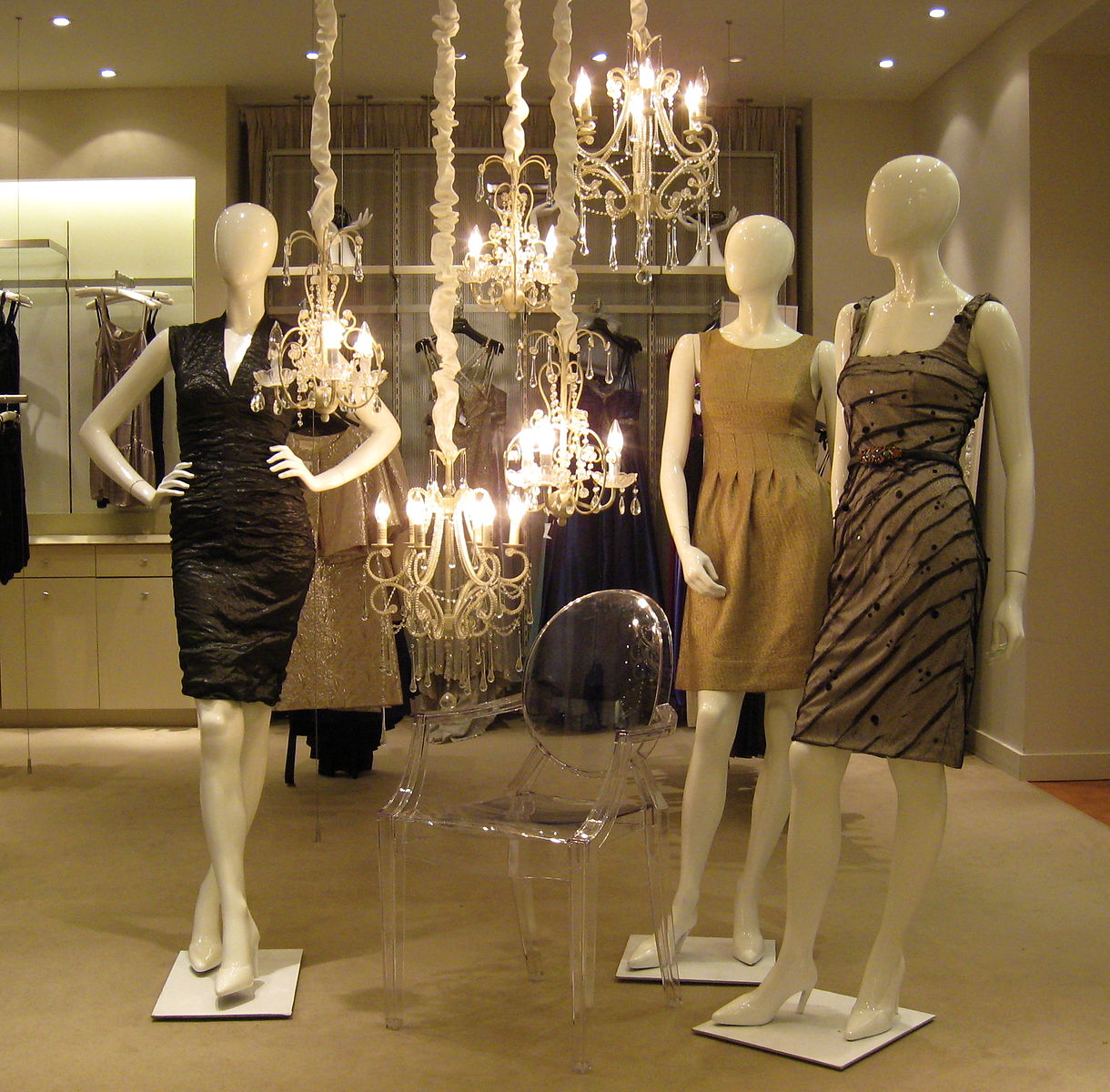
Not only do these mannequins promote a medically unhealthy body image, they're also bad for women's self-esteem.
The study explains, "We presume that the widespread use of inappropriate mannequin body sizes may reinforce unrealistic body ideals in some people."
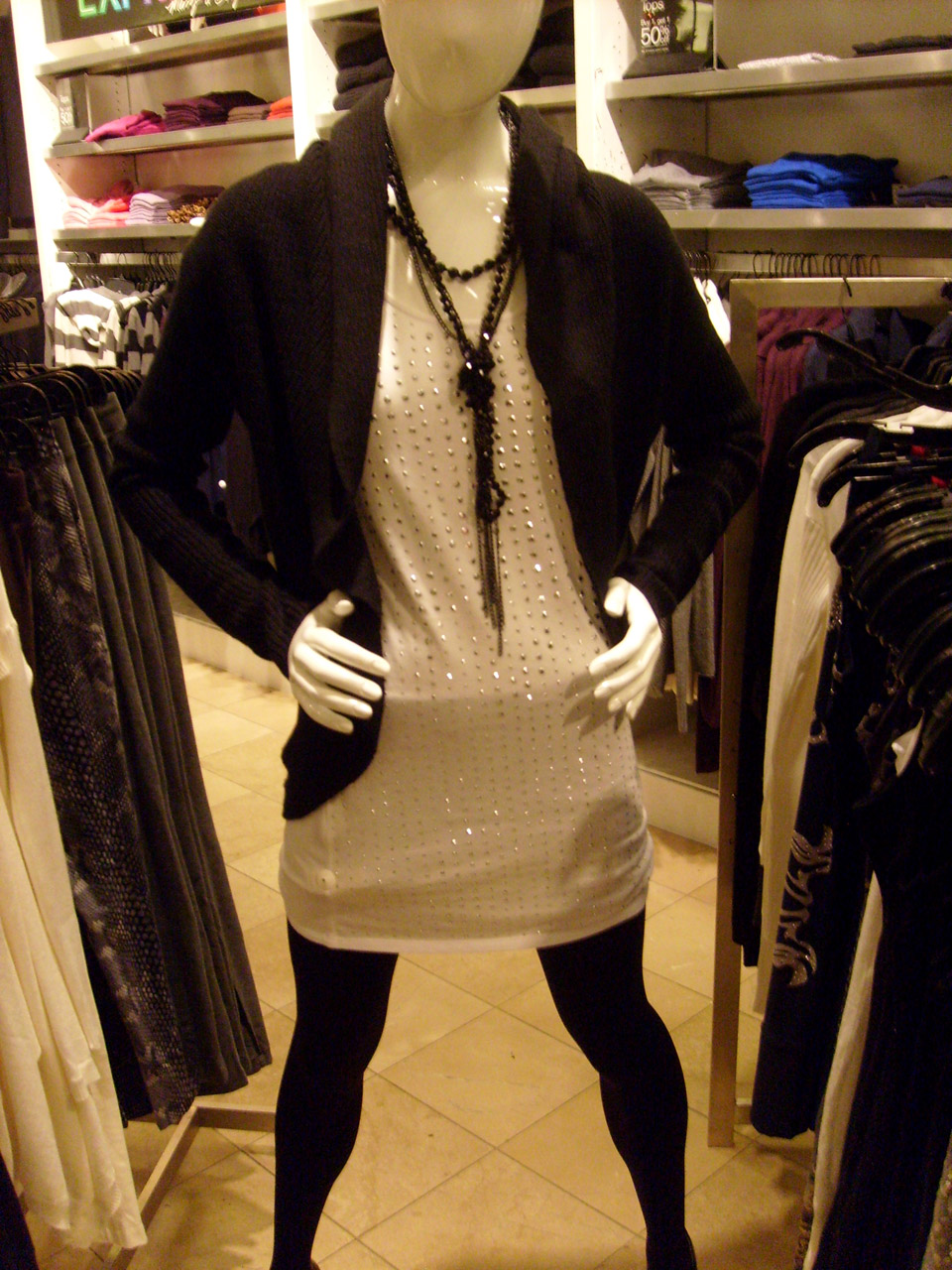
Many stores claim that they use "realistic" mannequins, but the study found that claim to be unfounded.
They wrote, "There have been some news reports of national fashion retailers starting to use more appropriate sized female mannequins in their stores and although we sampled some of these stores in the present study, we found no evidence of appropriate sized female mannequins being used."
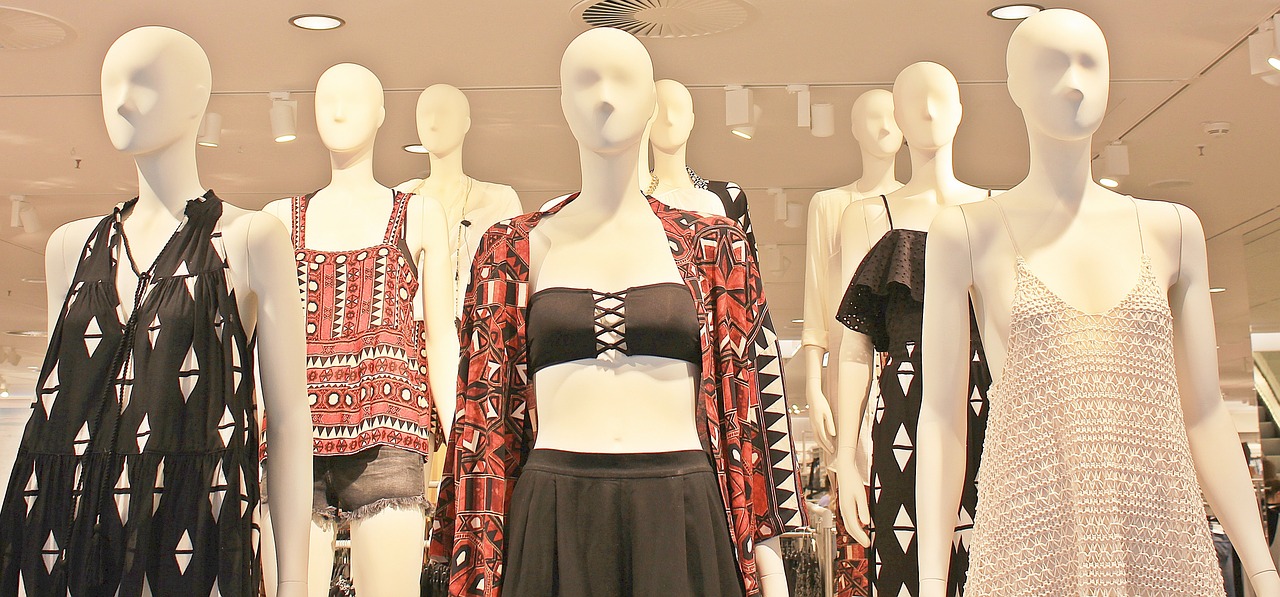
What this study reveals is that women should never use mannequins as inspiration — their bodies are too unrealistic.
If you think mannequins should represent actual human bodies, please SHARE this article on Facebook!




